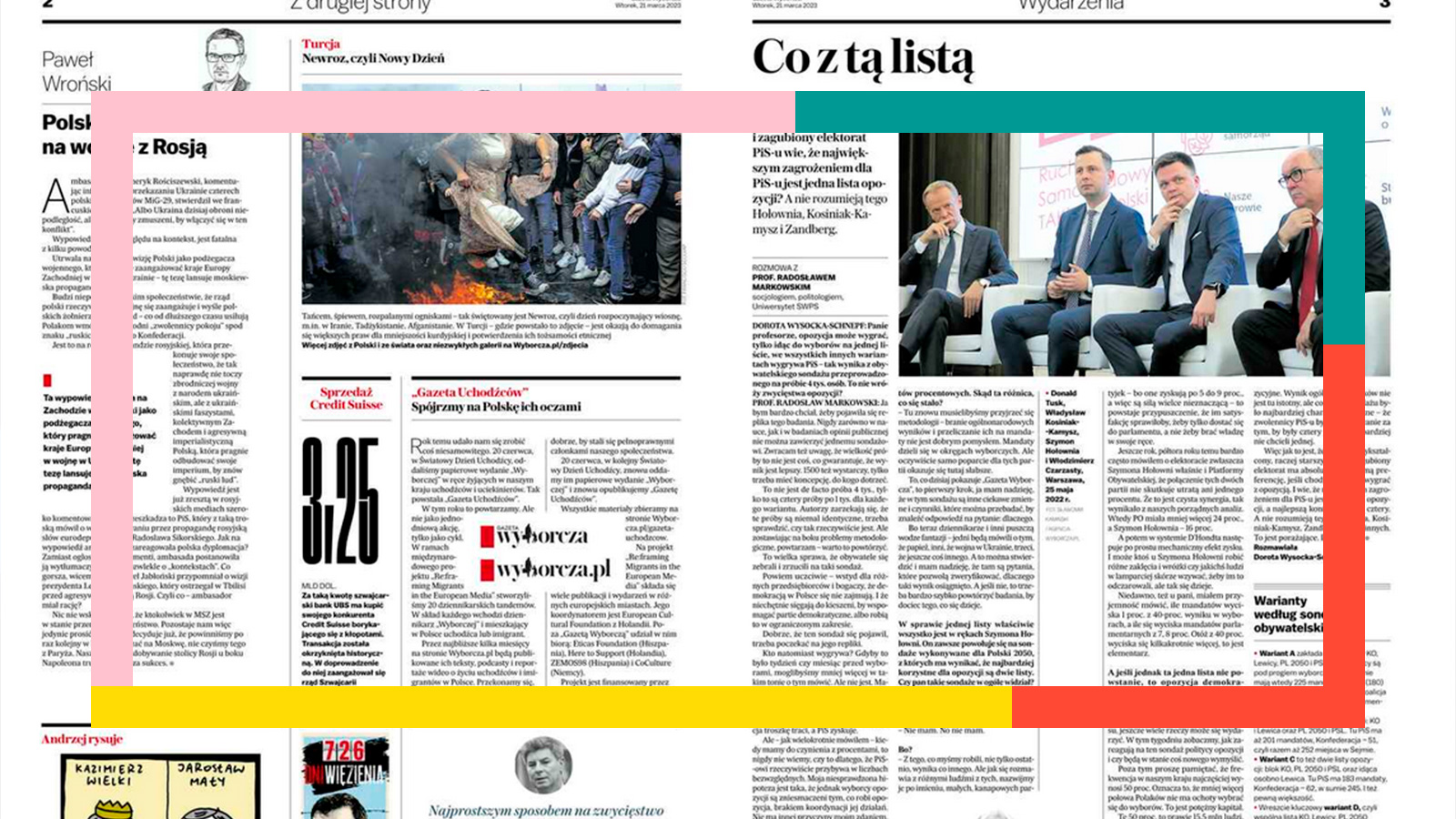
Re:framing Migrants in the European Media’s project partner Gazeta Wyborcza created 20 tandems
A collaboration between legacy media and migrant-led community media will be created through 20 journalists, working in “tandem” to create media together for both outlets. The journalist will participate in workshops to build connections and train both sides on relevant issues for improving media representation of migrants in the media.
Tandems for Inclusive Journalism
In June 2022, The World Refugee Day, Poland’s number one newspaper Gazeta Wyborcza published a special edition of the paper called Gazeta Uchodżców (Refugee Newspaper). The paper has come out as a result of collaborative work between the newspaper and the migrants and refugee journalists in Poland. The paper focused on the topics explains the difficulties that migrants have during their journey to Poland; how Poles are approaching migrants and how to include migrants journalists to Polish media in order their voice to be increased in Poland.
As a result of the special edition’s success and the impact that it has created on migrant journalist’s existence in the Polish media, Gazeta Wyborcza’s deputy editor-in-chief, Bartosz T. Wieliński and his team decided to have a project called Tandems for Inclusive Journalism which expands the voice of migrants and refugees in Polish media through the Re:framing Migrants in the European Media project.
According to the Polish laws, Bartosz T. Wieliński says, “you could be officially recognized as a journalist if you write a story for Gazeta Wyborcza.” As the idea brings a brilliant option for several migrant journalists in Poland, the paper has produced a project called Tandems for Inclusive Journalism:As part of the Re:framing Migrants in the European Media, Tandems for Inclusive Journalism project created a collaboration work programme between legacy media and migrant-led community media which was created through 20 journalists, working in “tandem” to create media together for both outlets.
The task of legacy journalists was to assist their tandem partners while pursuing stories together, help them to improve their skills and to learn the Polish media landscape.
Re:framing Migrants in the European Media project’ partner Gazeta Wyborcza observed that the way migrants and refugees perceive in the war zone countries has been changed, therefore Gazeta Wyborcza has aimed to target Poland, where all the problems related to migration to Europe are currently focused.
Through the connections that the paper has, around 80 journalists with different nationalities applied to become ‘tandem’ to raise the voice of Poland’s migrant journalists. The professional jury for the tandems worked very carefully on choosing 20 tandems which created more than 30 written articles so far. Each tandem is focusing on various topics which concern the migrants and refugees in Poland, and is telling the stories of beyond the humanitarian crises and the war. The tandems are targeting to have 100 works to be done by the end of June 2023. The most of the tandems are Ukrainian and Belarusian and Russian refugees including a Yemeni, a Cuban, an Eritrean, a Tajik refugees too. They publish materials by journalists from their partner editorial offices in Slovakia, Austria, Germany and Spain, which show a look at migration in those countries.
Tandems produces 3-4 articles every week. They will produce a movie on the work of tandems during the project underlying the experience of journalists involved. Organising open workshops on how to work with refugee journalists and how to write about their problems is another plan of the project.
Finally, on 20 June 2023 another edition of the “Refugee Gazette” with texts written exclusively by refugees will be published. The works will be promoted on social media as well.
Here to have a look the stories of tandems:
Sulaiman Alwafi, a Yemeni engineer, is writing a story of his journey as a refugee together with Joanna Klimowicz and describing that he didn’t feel like human beings.
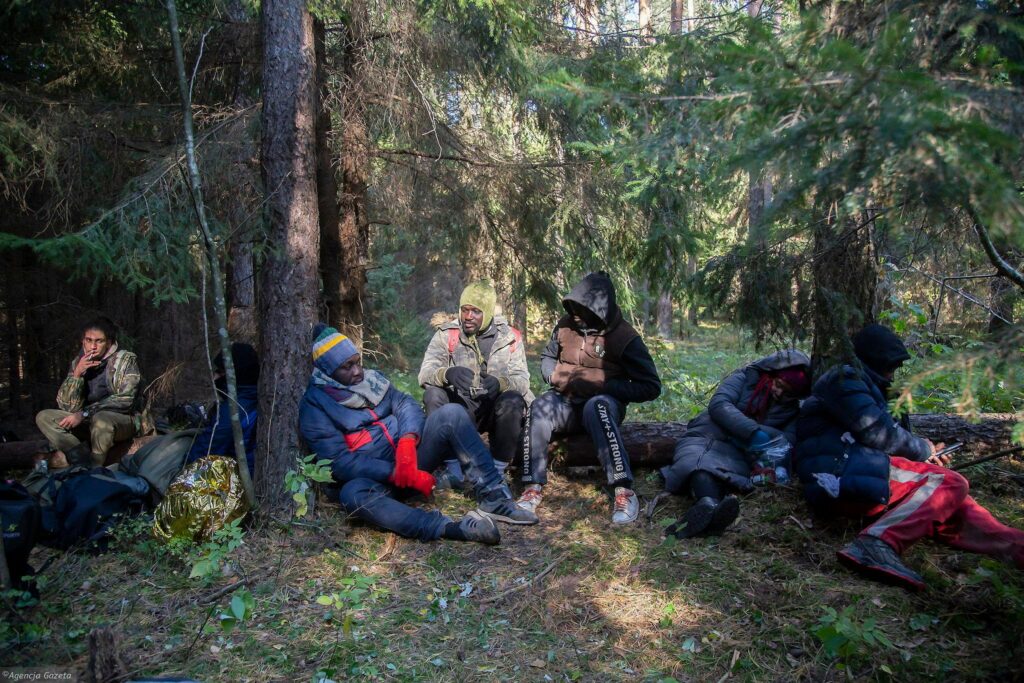
In his story, As Majeed a Kurdish journalist from Sulaimaniyah is telling about the circumstances forced him to emigrate to Europe and he describes as “the lack of freedom of speech, the unstable economy, the system of tribal corruption between the two families – the Barzanis and the Talabanis – and finally the war in Kurdistan, the constant attacks of Turkish invaders on our territory”. To read the hard journey of As Majeed check his article here.
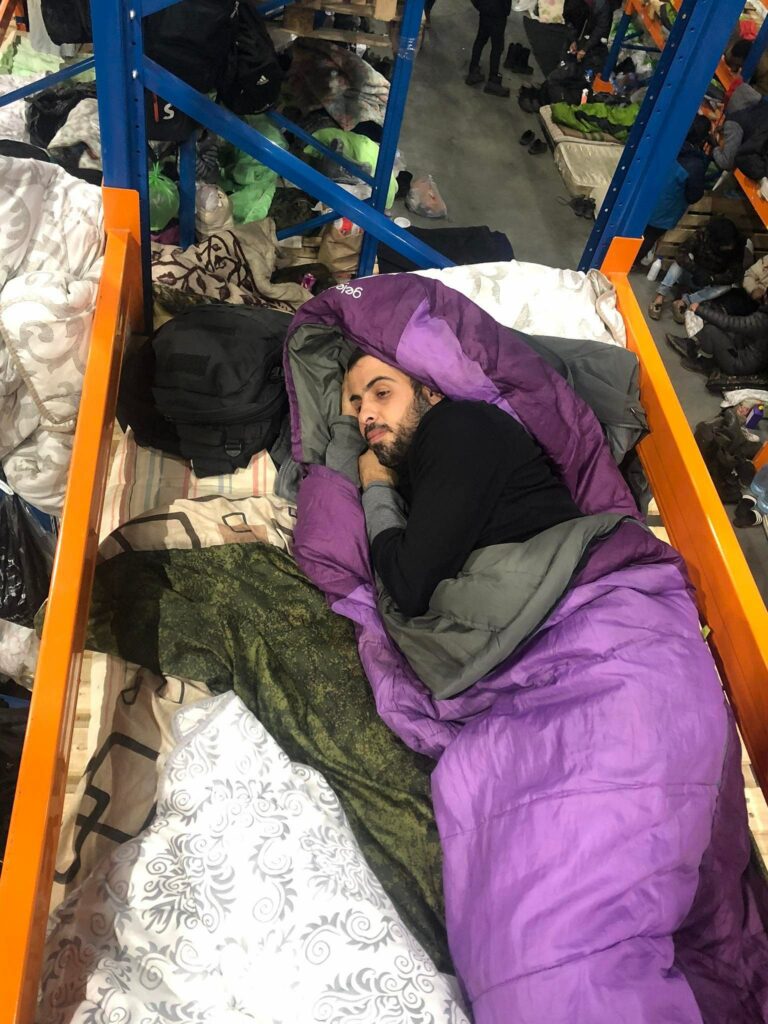
Ruslan Kulewicz, a Belarusian journalist, talks about life in the capital of Podlasie. “Bialystok welcomed us and became our temporary home.” To hear his story you can access the link here.
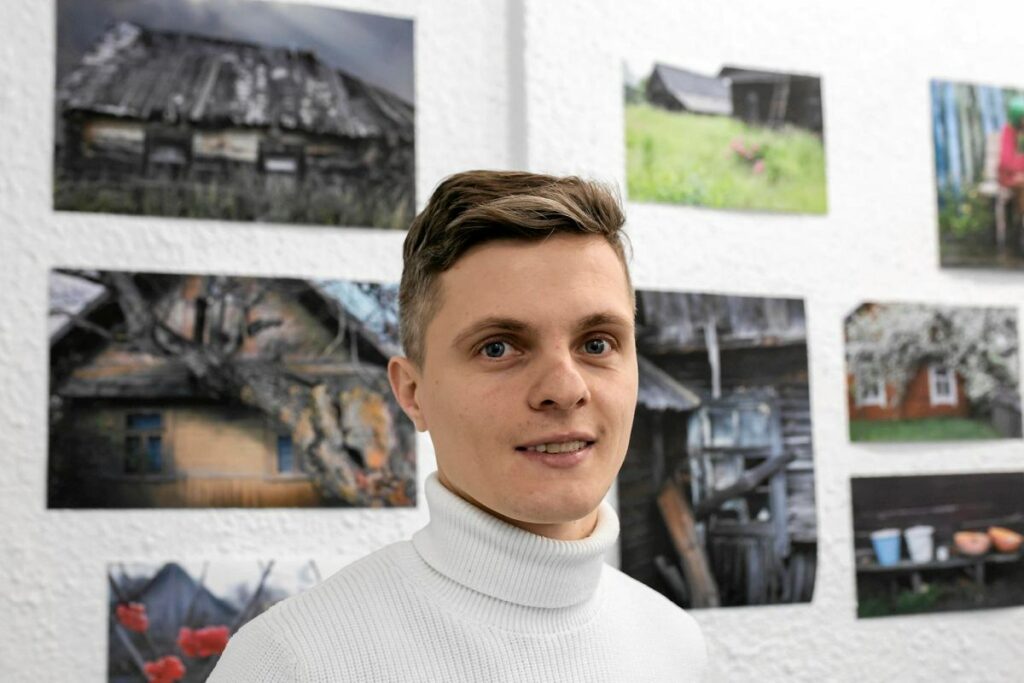
Several Ukrainians are now refugees in Poland as well. Paulina Nodzynska, Halina Khalimonyk in their story is understanding the difficulties that Ukranians are having in their new lives in Poland. The story answers the questions of how Ukranians live in Poland? “I used to be a bodybuilder, now I work in deliveries at KFC.”
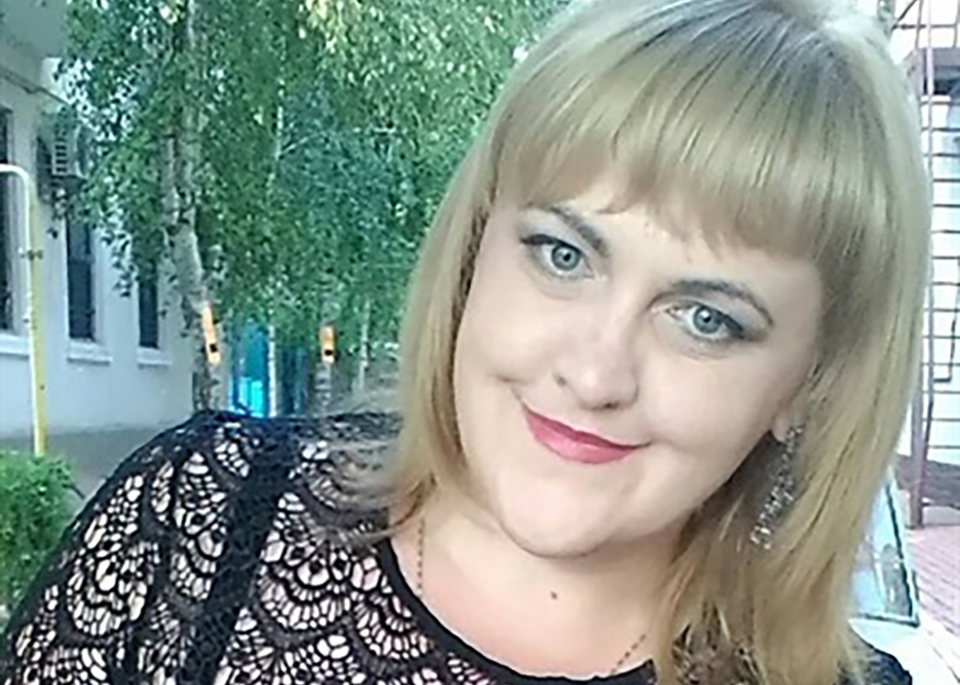
To read more from the tandems please check the Refugee Gazette’s page here.
On June 20, on World Refugee Day, the paper will be given to the Gazeta’s guests and changed into ‘Gazeta Wyborcza’ for one day. All materials are collected on the website Wyborcza.pl/gazetauchodzcow.
According to Bartosz T. Wieliński, Poland was not prepared for such an increasing numbers of asylum seekers and migrants -including journalists- therefore, the reaction of both country and the residents was not embracive at first.
In order to help journalists, Gazeta Wyborcza decided to start a serious discussion in Poland. On 20 June 2021, World Refugee Day, the entire paper edition of Gazeta Wyborcza consisted of texts written exclusively by refugees living in Poland: Refugee Gazette. This was the first initiative of its kind not only in Poland, but in the entire European Union. The newspaper received a very positive response from the readers and NGOs that deal with migrant issues.
Gazeta Wyborcza wanted to repeat this project and combined it with Re:framing Migrants in the European Media.
“From a country that became famous for its deep aversion to any refugees, we have become a country that helps and assists them on an unprecedented scale.
“We have created the tandems to make the migration issue more recognizable in Poland. In the special edition of our paper, Refugee Gazetta with a different logo, we publish their joint texts, podcasts and video reports about life in immigration. We learn from them how newcomers see our country, and what we should do to make them feel good here,” says Wieliński.
When the newspaper printed a special edition of Gazeta Wyborcza written exclusively by refugees and migrants from other countries living in Poland, Bartosz T. Wieliński was afraid that the project would be poorly received in the editorial office and in their neighbourhood. However the opposite has happened:
“The Polish government views non-European refugees as a threat, and regularly organises a campaign against them.
The opposite has happened. During the project a year ago and now the people taking part are extremely motivated and creative. This applies to our journalists and their tandem partners” told, Wieliński.
The stories of the tandems have a significant impact on the approach that Polish people have toward migrants now, says Wieliński and explains the visible change in the locals’ attitude.
“Poland is a deeply divided society. In the cities, people are more educated and friendly. In the villages people are tolerant toward migrants. Before they(the Polish villagers in the Belarusian border of Poland)used to help the border guard to ban migrants, but now they are trying to help refugees and migrants.”
Wieliński thinks the reason that the Polish villagers changed their attitude is also because they now have more awareness and understanding about the migrants.
“They understand that those people flee from war, famine, persecution. The violent response of the Polish state, pushing refugees back to Belarus, beating and insulting them, isn’t the way of treatment they would ever accept ” says Wieliński.
Bartosz T. Wieliński, Gazeta Wyborcza’s Deputy editor-in-chief thinks that as a paper was established on the basis of the values to bring democracy and tolerance to Poland, and respect the minorities, to have continue the tandems project in the next year will be very important especially now since the Polish government is a conservative and nationalist one.